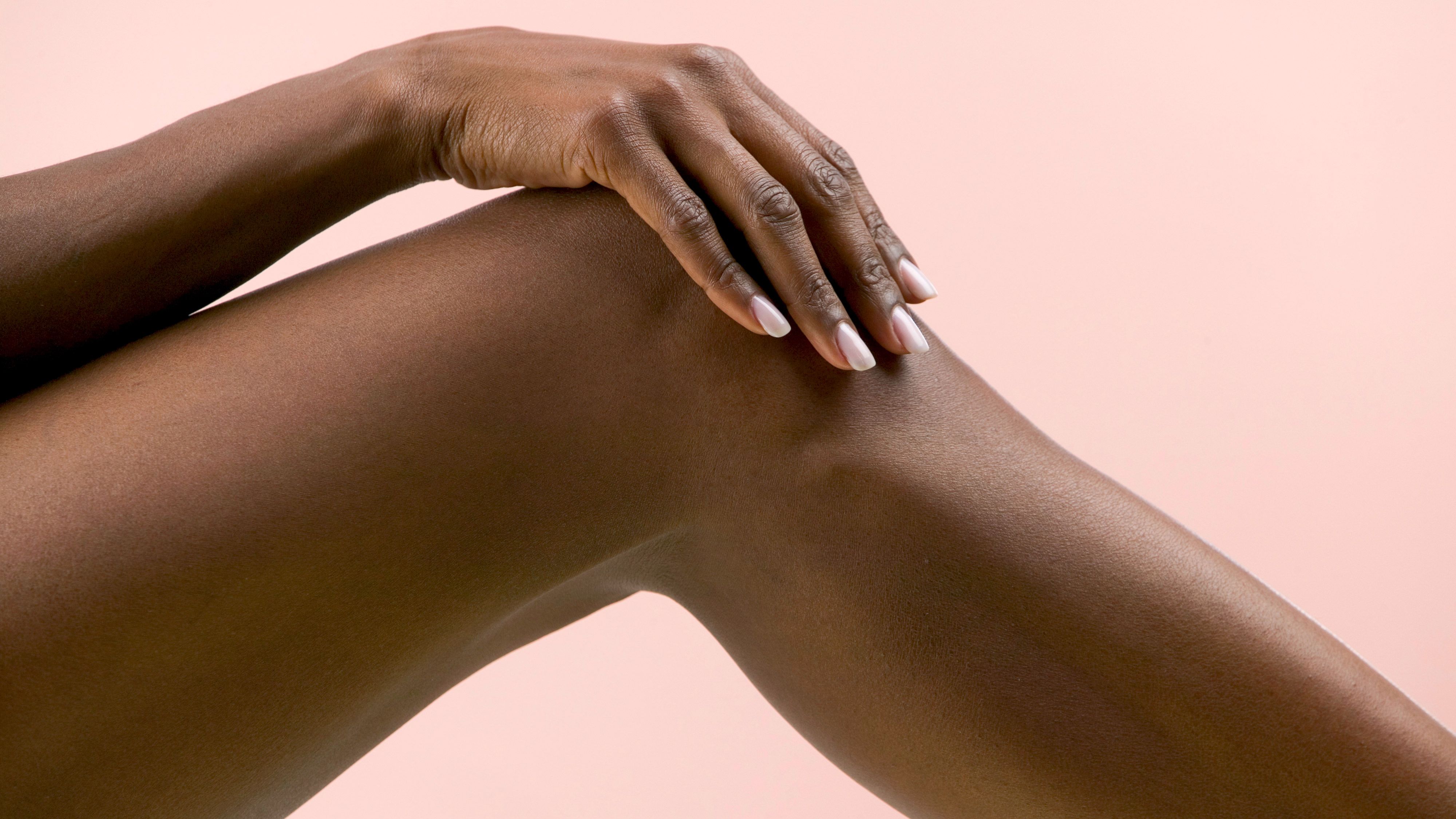These New Skincare Treatments Are (Finally) Geared to Women of Color
The makeup aisle is more welcoming than ever before—and, thank God, the dermatologist’s office is catching up.

While the debate about whether or not social media is ruining society rages on, I’d argue that there’s at least one way that it’s helped cement a long-overdue but necessary cultural shift: inclusivity in the cosmetics world. We now have more foundation shades (MAC Cosmetics’ Studio Fix is currently the winner, with 60) and beauty ads featuring people who defy traditional notions of what a spokesmodel should be, in terms of age (Maye Musk), body type (Ashley Graham), and gender (Patrick Starr). This excites me on so many levels—as a black woman, as a beauty-industry veteran, and as a consumer.
But now that I’m sitting pretty on a mountain of dark-brown foundations, I hope the momentum spreads to the dermatologist’s office. Like foundation, noninvasive skincare procedures have been around for decades, but many of the most popular ones—such as treatments using lasers to brighten, resurface, and remove hair—haven’t been an option for women of color because they target pigment or emit pulses of energy or heat that can cause hyper pigmentation and scarring in medium and dark skin tones. “Historically, most of these devices have only been studied on lighter-skinned patient populations before entering the market,” says dermatologist Andrew Alexis, M.D., the director of the Skin of Color Center in New York City.
The medical-device and pharmaceutical industries have to start viewing skin of color as worth the investment.
Sure, there are other antiaging treatments suitable for all skin tones, like chemical peels, neurotoxins, and fillers, but when it comes to lasers it’s as if brown-skinned women like me don’t exist. That’s especially confusing considering that these devices are often used to treat sun damage, spots, and skin-darkening conditions like melasma—issues that often trouble Asian, Latina, and Black women as they get older. The question is, why? “Science doesn’t remain stagnant, but, unfortunately, myopic mentalities do,” says Mona Gohara, M.D., associate clinical professor at Yale University. Alexis adds that during his early tears of practice, “the industry seemed reluctant to allocate resources to more diverse testing of laser treatments.”
In order for things to move forward more quickly, the medical-device and pharmaceutical industries have to start viewing skin of color as worth the investment. And there are signs that may be finally happening. “I have seen progress,” says Dr. Gohara. “Lately, whenever a new laser comes out, one of the biggest appeals is that it can be used on multiple skin tones.”
RELATED STORY

The Aerolase, for example, can minimize the appearance of scars and redness, it zaps unwanted hair, and it’s safe for dark complexions because it reduces the laser’s contact time with the skin from milliseconds to microseconds, significantly lowering the chance of hyperpigmentation. For treating spots, “lower-energy, low-heat lasers like the Clean + Brilliant, can reduce hyperpigmentation in skin of color because they only do a gentle resurfacing,” says New York City dermatologist Rosemarie Ingleton, M.D. And the Halo laser, another resurfacer that can be used on a variety of skin types, is a hybrid of two wavelengths—gentle and strong. There are also new nonlaser treatments that offer some antiaging benefits. For example, radio-frequency devices, such as the Alma Vshape, can tighten and smooth any shade of skin without damage. (One important note: The experts I spoke with stressed that regardless of the device used, what matters most is that it’s in the right hands. If you’re a prospective patient, make sure you see a physician who has experience doing these treatments on your particular skin type.)
But even as more inclusive treatments become available, there are may still be barriers to entry for women of color. “Many dermatologists are scared to treat darker-skinned patients because the risk of doing harm is higher,” says Dr. Ingleton, who notes that more education for doctors will help. Better research and development too. “In the past five years, there’s been more recognition of the size of the cosmetic market among patients of color,” says Dr. Alexis.
In addition to these top-down changes, it will be interesting to see if a grassroots movement develops as women of color head into the dermatologist’s office in greater numbers and help push the industry to develop technologies for all skin tones. When that happens, it will be a big relief for doctors who, for years, have had to turn people with dark skin away. Same goes for patients who just want to be seen.
Get exclusive access to fashion and beauty trends, hot-off-the-press celebrity news, and more.
This article appears in the November 2018 issue of Marie Claire.
Baze Mpinja has been working as a writer and editor for national print magazines, digital media outlets, and global beauty brands for nearly 15 years. A few of her other passions: books, bars and Brooklyn.
